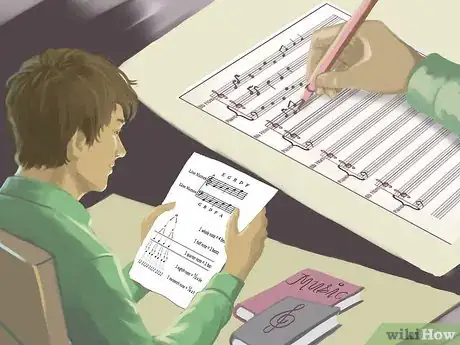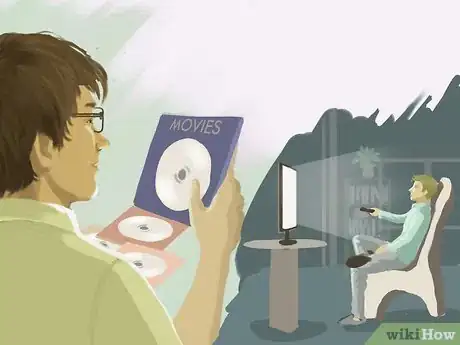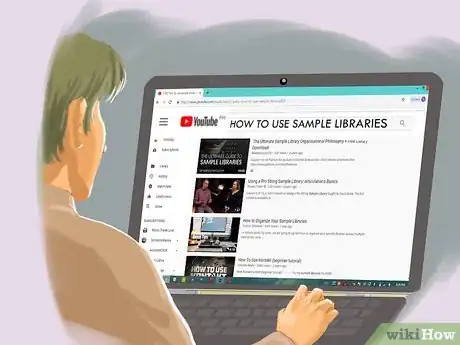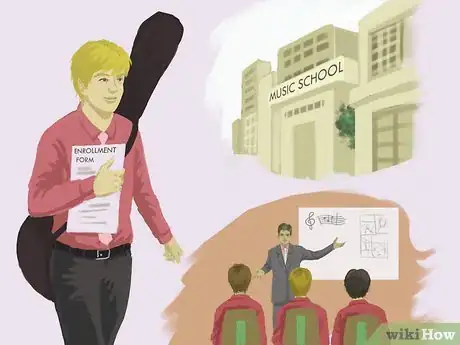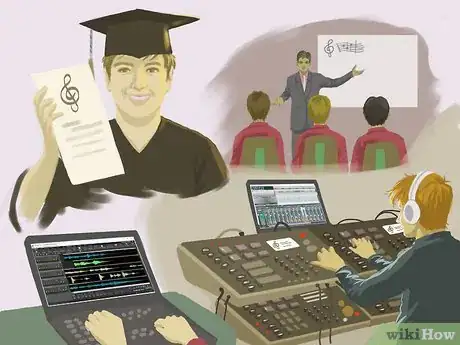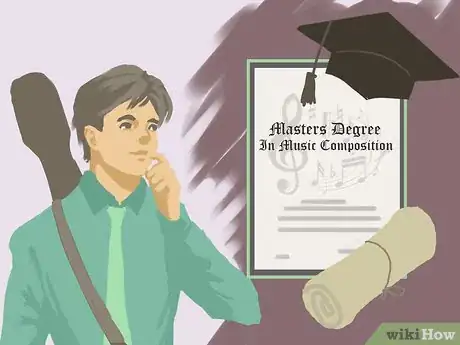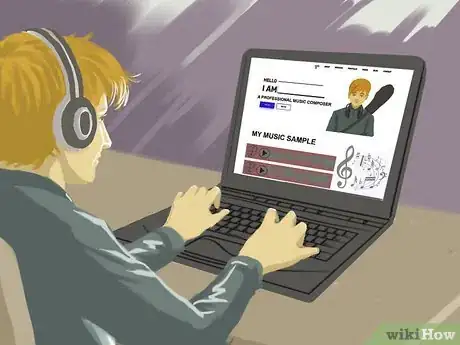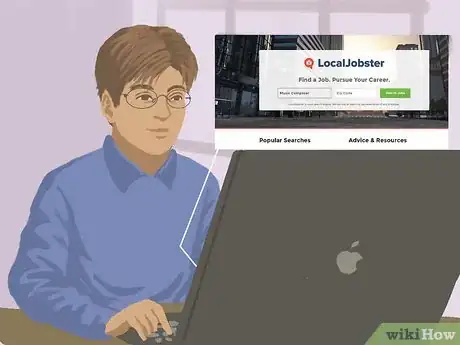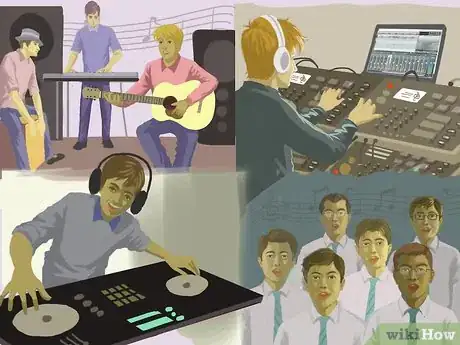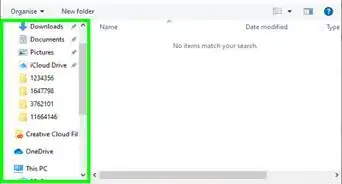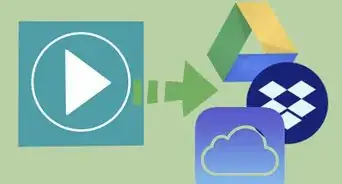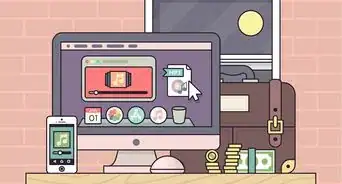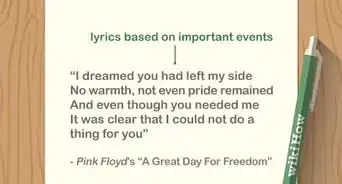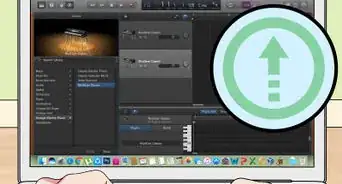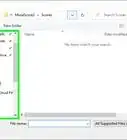This article was co-authored by wikiHow staff writer, Hannah Madden. Hannah Madden is a writer, editor, and artist currently living in Portland, Oregon. In 2018, she graduated from Portland State University with a B.S. in Environmental Studies. Hannah enjoys writing articles about conservation, sustainability, and eco-friendly products. When she isn’t writing, you can find Hannah working on hand embroidery projects and listening to music.
There are 9 references cited in this article, which can be found at the bottom of the page.
This article has been viewed 27,789 times.
Learn more...
Becoming a music composer is a dream for many, especially with video games and films with great soundtracks on the rise in popularity. The path to becoming a music composer can be a little confusing, and is not always straightforward. Try to practice playing music daily, get a degree in a field that you like, and score an internship to get a job as a music composer in your future.
Steps
Learning Skills and Practicing
-
1Learn how to read and write music. As a composer, it is integral that you are able to read and write music so that you can do your job. Take an online course or watch tutorials for free to understand how to write music from scratch. Or, take classes from a musician to get professional help.[1]
- You may be able to improvise music to play along with a piece of media, or even get by without writing it down. However, reading and writing music will be very helpful for you in this career path.
-
2Participate in a choir or join a band to get experience playing music. In order to compose music, you need to understand how it works and what it takes to play it. As you work toward becoming a composer, join a choir or band to keep up on your musical knowledge. Find a group that plays the same kinds of music that you are interested in, like jazz or classical.[2]
Tip: Check with your local community center or your school or church to see if they have a choir or band that you can join.
Advertisement -
3Watch movies that you like to get ideas. If you want to be a film scorer or even another type of composer, pick out movies to watch that have good scoring to get an idea of what directors are looking for. Look for movies with music that helps tell a story and enhances the audience’s experience.[3]
- Many different types of media have scores and compositions that you can listen to. Try to sample TV shows, video games, and classical pieces to broaden your horizons.
-
4Watch tutorials on how to use sample libraries. Most composers use sample libraries to create music rather than live bands. Visit YouTube to watch tutorials on how to use sample libraries on your computer, or take courses online or in person to start practicing.[4]
- Depending on the budget a composer has, they can sometimes use a live band instead. However, that is not the norm.
Getting a Degree
-
1Get a Bachelor's degree in film scoring to focus on movies. If you know that you want to be a film scorer, pursue a Bachelor’s degree in film scoring so that your education is focused on cinema. You will get experience in scoring short films and learn how to use music to tell a story.[5]
- You will also learn how to use an orchestra to accompany a film.
-
2Graduate with a Bachelor’s degree in composition for a broad degree. If you aren’t sure that you want to focus on films specifically, leave your education slightly more open and get a degree in composition. This degree will give you a wide range of skills, like how to score different pieces of media using modern technology as well as live bands.[6]
- You may want to give your degree a focus as you determine what specific career path you want to take after you graduate.
-
3Pursue a Master’s degree in composition to further your personal style. Although employers are usually only looking for composers with a Bachelor’s degree, you can pursue a Master’s in composition if you’d like to hone in on your own style of composing music. You will most likely compose a 30 minute piece and be asked to perform it before you graduate.[7]
Tip: If you have a Bachelor’s degree in musical composition already, a Master’s may not be necessary. Try to find a job with what you have before spending money on further education.
Finding a Job
-
1Create an online portfolio of your work. It will be much easier to impress potential employers if you can show them an example of what you’ve done in the past. Create a basic website for yourself and compile any and all projects that you’ve worked on or completed.[8]
- Choose videos and compositions that are your best work to impress your potential employers.
-
2Search online for employment offers. Many film studios and video game companies will post employment opportunities online. Keep an eye out for job openings in your area, and try to apply to as many opportunities as possible. Companies in California are often looking to hire new people for work, since they are close to Hollywood.[9]
- Even if you don’t live near any large film studios, you may be able to find remote work from your computer.
-
3Get an internship to get your foot in the door. Some companies may not have any actual employment opportunities, but a lot of them will have internships open. Internships usually do not pay well, but they can let you show people your work and prove that you are a hard worker. Apply for internships, even if they aren’t exactly what you’d like to be doing in the long run. This can potentially move you into an actual job later on.[10]
Tip: Some colleges give credit if you do an internship while you are still getting your degree.
-
4Take any work you can get to get practice. You may not find your dream job as soon as you start looking, and that’s okay. When you first start out, try to take as many jobs as you can to gain experience, even if they don’t pay the best. Any work you do can be added to your portfolio.[11]
- Be wary of jobs that pay nothing at all, or promise to give you exposure. Your time is valuable, and you should be paid for your work, even if you are just starting out.
References
- ↑ https://study.com/articles/Become_a_Composer_Education_and_Career_Roadmap.html#!#targetText=Remember:%20You'll%20need%20an,$49,820,%20as%20of%20May%202015.
- ↑ https://www.youtube.com/watch?v=PmpR9X50OEE&feature=youtu.be&t=61
- ↑ https://www.youtube.com/watch?v=yCX1Ze3OcKo&feature=youtu.be&t=30
- ↑ https://www.evenant.com/music/a-guide-to-orchestral-sample-libraries/
- ↑ https://www.nickdolanmusic.com/blog/do-you-need-a-degree-to-be-a-film-composer
- ↑ https://www.nickdolanmusic.com/blog/do-you-need-a-degree-to-be-a-film-composer
- ↑ https://music.cornell.edu/graduate-composition
- ↑ http://www.midifilmscoring.com/film-scoring-jobs/
- ↑ http://www.midifilmscoring.com/film-scoring-jobs/
